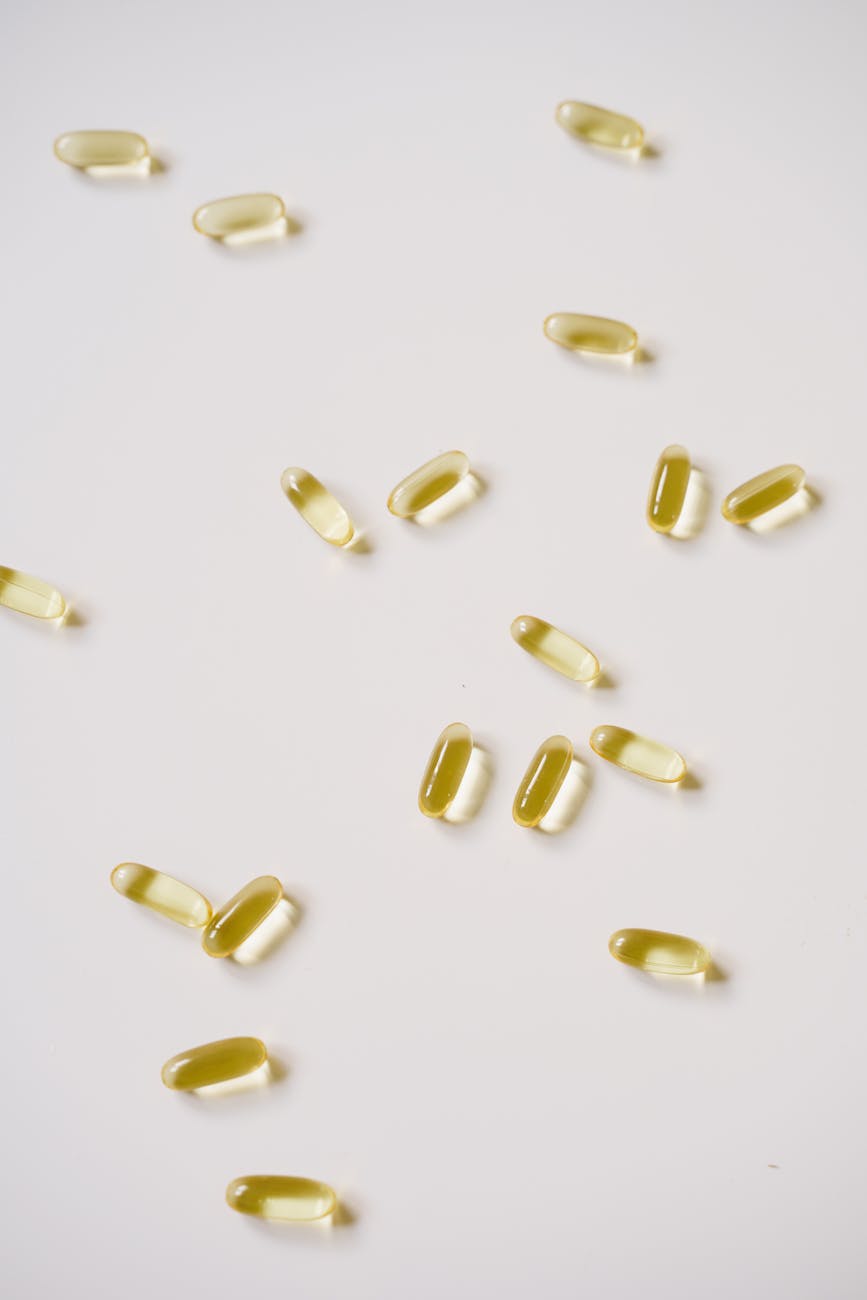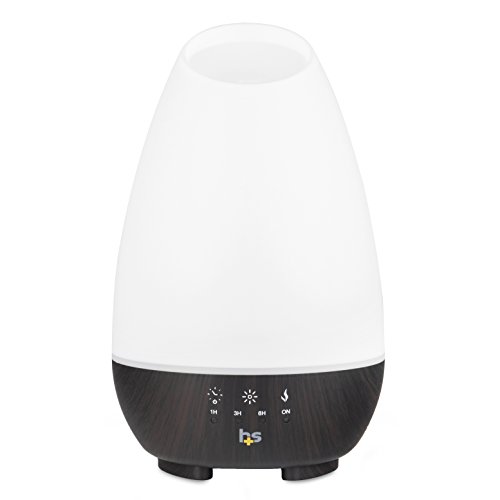From fighting off common colds to reducing your risk of serious infections, your immune system plays a vital role in maintaining your overall health. You should consider incorporating certain supplements into your daily lifestyle to support your immune function. The relevance of having a robust immune system has never been more crucial given the virus-riddled times we live in.
Vitamin C is a powerful antioxidant that’s been proven vital to the immune system. A deficiency may lead to a decreased resistance against pathogens, thus increasing the risk of infection. Vitamin C enhances the ability of various immune cells to perform their tasks, particularly in individuals under stressful conditions. It is found in fruits such as oranges, lemon, strawberries, and spinach. However, if your dietary intake is not sufficient, consider a supplement of about 500 to 1,000 milligrams per day.
Vitamin D is another supplement that may give your immune system a significant boost. It enhances your body’s pathogen-fighting effects and can decrease the risk of developing respiratory infections. A meta-analysis of 25 randomized controlled trials concluded that vitamin D supplementation could reduce the risk of respiratory infections amongst those who had low vitamin D levels. Sources of vitamin D include fatty fish, fortified dairy products, and sunshine. However, since not everyone can make enough vitamin D from sunshine alone, a daily supplement ranging from about 400 to 2,000 international units is often needed.
Zinc is an essential nutrient that aids over 300 enzymes in your body. It plays a direct role in the immune system, where it is particularly vital for normal development and function of immune cells. Even mildly low levels of zinc have been linked with an increased risk of pneumonia and other infections. Zinc-rich foods include red meat, poultry, beans, nuts, and whole grains. If your diet is low in these foods, consider taking a zinc supplement. Daily doses of 15 to 25 milligrams are common, but doses can vary based on individual health needs.
Probiotics are living organisms that, when consumed in sufficient amounts, offer various health benefits. They interact with gut cells, immune cells, and microbes in your gut, helping to strengthen the immune system. Various studies show that probiotics reduce the risk of upper respiratory tract infections, improve antibiotic efficacy, and decrease the risk of antibiotic-induced diarrhea. Probiotics are commonly found in fermented foods like yogurt, kombucha, and sauerkraut. But, if these aren’t daily staples for you, consider a probiotic supplement.
Selenium is a powerful antioxidant that helps lower oxidative stress in your body, reducing inflammation and boosting immunity. Studies have demonstrated that increased blood levels of selenium are associated with enhanced immune response. If you’re not getting enough of this crucial nutrient from food like fish, ham, or enriched noodles, it might be wise to consider a selenium supplement.
In conclusion, it’s essential to notice that while these supplements can improve the function of your immune system, they cannot replace a generally healthy lifestyle. Regular exercise, enough sleep, stress management, and a balanced diet are still the backbone of an adequately functioning immune system. Remember to always consult with healthcare practitioners before starting any supplement regimens. Meeting your nutritional needs through a healthy and varied diet is an essential part of maintaining good health and supporting your immune system. The right supplements, when used appropriately and under professional guidance, can elevate your immune health to the next level.
This information is provided for general informational purposes only. Please consult your healthcare provider before beginning any diet or supplement regimen. Individual needs may vary. Considering these facts, it’s always best to consult with a registered dietitian or your healthcare provider to determine what’s best for your personal nutritional needs.











